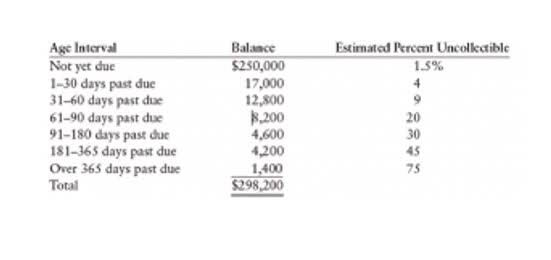
While many people include upgrades as part of the church budgeting process, they often overlook maintenance. Whether you rent or own the building, maintenance is an important expense to include in your budget. From servicing your HVAC system to inspecting your roof and plumbing, these maintenance costs can surprise you at the end of the year.

Financial Reserves

This category includes mortgage or rent for church facilities, utility expenses, janitorial services, general maintenance, and capital reserve savings. It is crucial to manage these expenses efficiently to ensure the church’s financial stability. Saving for future projects and long-term goals must also be factored in. The point of a budget is to provide a structured plan for managing money entrusted to you and your church. Careful planning is important, and that’s why a budget can be a vital tool for effective financial management and establishing a financially healthy church.

Hold fundraising events
Assign priorities to different expense categories based on the church’s mission, values, and goals. Consider the core functions of the church, such https://www.bookstime.com/ as worship, discipleship, community outreach, and missions, and allocate resources accordingly. It’s essential to balance immediate needs with long-term goals, ensuring that all areas of ministry receive adequate support. Fixed expenses, such as mortgage or rent payments, insurance, and salaries, remain relatively stable. Variable expenses, such as utilities, maintenance, and program costs, may fluctuate based on specific needs or events. Review past financial records and consult with ministry leaders and staff to determine accurate expense estimates.
Step-By-Step Guide to Creating a Church Budget

All you have cash flow to do is add another column each year and you’re all set. Line-item budgeting is perfect for projects and programs that your church runs. This kind of budget highlights the estimated cost alongside last year’s project cost. This way, line-item budgets make it incredibly easy to analyze financial data. In simple terms, a zero-based budget takes each period as an individual budget that must be settled within that period. This means that all expenses must be paid with the income generated during that period.
Appoint a finance person
Once your church can meet its basic costs, then you can focus on larger fundraising goals–like acquiring a new building, making a renovation, or hiring new church staff members. Church budgeting is essential to ensure your church gets enough funding to achieve its goals. Important things to put in the budget include income streams, expenses, and reserve funds. You can also consider budgeting church finances based on the programs you run.
Communicate primary vision and strategies to the stewardship team
Benefits of Church Event Management SoftwareOrganizing and managing church events can be a daunting task, often requiring significant time and… This guide will walk you through the essential guidelines involved in creating a budget that reflects your church values and makes your church viable for many more years to come. There’s something important to remember when creating your list of incomes and expenses. Take a few minutes, grab a coffee and write down a list of all the sources of income your church has. Shameless plug… Don’t forget to check out my article on How to Pick the Right Accounting System for My Non-profit. You’re welcome to use spreadsheets if that makes you feel more comfortable, but you’ll soon get tired of the manual processes and need something more fitting for your church.

When making budgeting decisions, the bible includes many verses to show you the way. Creating a balanced budget is essential for the financial health and sustainability of a church. A balanced budget ensures that income covers expenses and enables the church to allocate resources effectively. The minister should be left to worry about the spiritual growth of how to create a church budget his or her flock, while the person managing the budget should view the church as a business. Finally, a church budget can help ensure financial stability and sustainability.
- Your church’s accounting software plays an important part in this process, the least of which is keeping you operating within church accounting guidelines.
- Once your budget is completely filled out, get a second opinion.
- Set realistic financial goals by looking through past statements and estimating what your future income stream may be.
- In addition to personnel costs, your church’s administration costs will likely stay the same year after year.
- Your church’s income should be divided to fund programs based on the priorities outlined during the first step.
- Leverage is great if Total revenue and Operating Profit are increasing.
Churches mainly rely on tithes, offerings, and sometimes external donations as sources of income. Accurately assessing expected income is vital, and is typically done by looking at the last year. If you’re in church leadership, you may love pastoring church members, managing ministries, and teaching the Word of God. Having somebody to watch your church finances provides extra accountability and ensures your money is spent as planned. Your bookkeeper or treasurer should have a financial background or at least a good eye for detail, so you can trust them.


